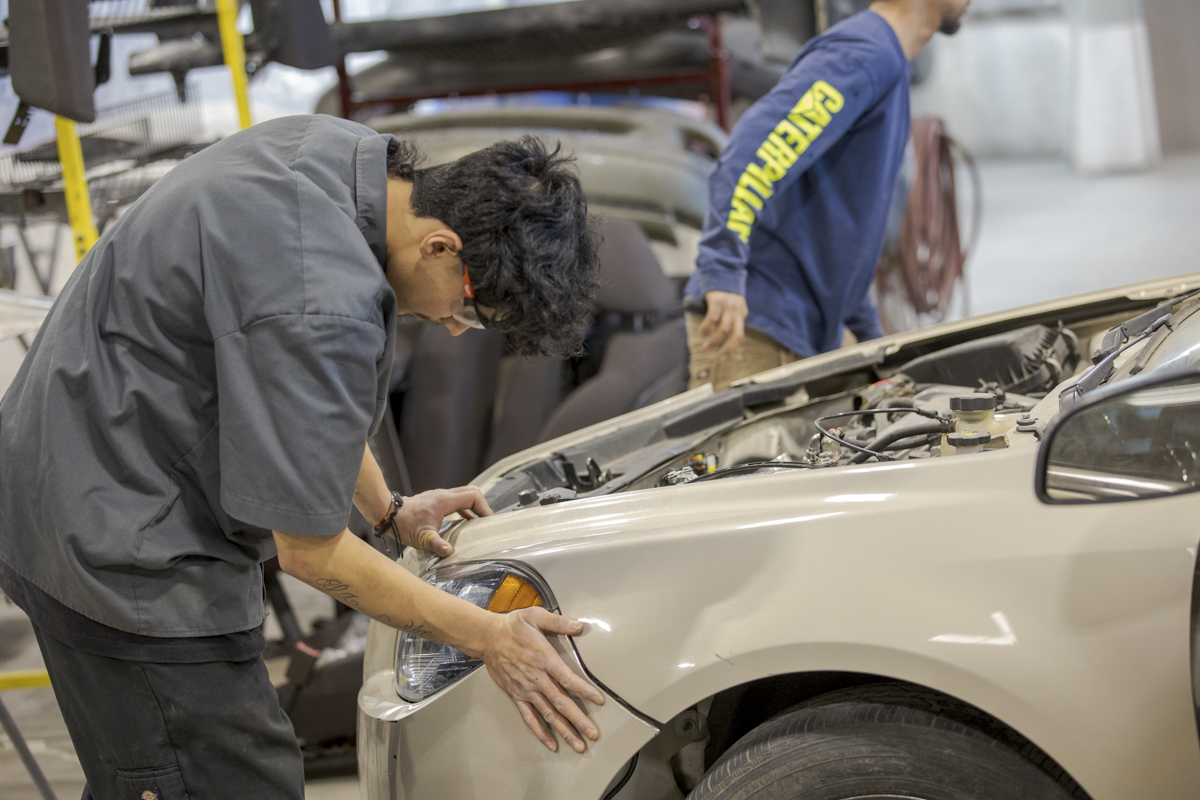All Categories
Featured
EV batteries are huge, complicated, and consist of beneficial materials, making correct disposal and recycling important. The good information is that several fixing shops, in partnership with recycling programs, now offer electric vehicle battery reusing services.
![]()
Furthermore, the growing variety of electric cars when traveling has actually created a pushing requirement for sustainable remedies to take care of battery waste. According to market forecasts, millions of EV batteries will require recycling in the coming years, making service center a crucial component of this ecosystem.
Supplier Partnerships: Brands like Tesla, Ford, and GM have actually developed reusing efforts, and certified service center connected with these suppliers usually promote battery recycling. Third-Party Recyclers: Independent repair stores occasionally partner with business concentrating on EV battery recycling, such as Redwood Products or Li-Cycle, which focus on removing and reusing valuable materials from batteries. 3. How the Process Works. When an EV battery reaches completion of its lifecycle, service center take a number of actions to guarantee its appropriate recycling:
Assessment: Service technicians analyze whether the battery can be repurposed for other uses, such as power storage systems. Disassembly: The battery is carefully dismantled to divide recyclable products. Reusing Transfer: The dismantled parts are sent to specialized centers where metals and other materials are recovered for reuse. This procedure decreases waste and optimizes the worth removed from utilized batteries, supporting a lasting EV community.
![]()
Federal government regulations and incentives are likewise driving the growth of battery reusing infrastructure. In regions like the EU and California, rigorous guidelines on battery disposal make sure that repair service shops and producers take responsibility for reusing efforts.
Conclusion. Yes, repair shops using electric automobile battery recycling are coming to be significantly typical. These companies play a vital function in creating a lasting EV industry by ensuring that used batteries are recycled responsibly.
![]()
As even more repair service stores accept these methods, they not only add to environmental security but also improve the lifecycle of electrical lorries. For EV proprietors, looking for fixing shops with recycling solutions is a significant method to support sustainability while keeping their automobiles.
The future of EV battery recycling is encouraging, with repair service makers, shops, and federal governments collaborating to address the challenges and develop a greener tomorrow.
- Why Recycle EV Batteries? EV batteries are composed of materials like lithium, cobalt, nickel, and manganese-- sources that are finite and energy-intensive to essence. Recycling these batteries stops hazardous chemicals from permeating right into the setting and reduces the demand for extracting brand-new basic materials. By recouping these aspects, reusing adds to the round economy and lowers the carbon footprint of EV production.

Furthermore, the growing variety of electric cars when traveling has actually created a pushing requirement for sustainable remedies to take care of battery waste. According to market forecasts, millions of EV batteries will require recycling in the coming years, making service center a crucial component of this ecosystem.
- Repair Work Shops and Battery Recycling Programs. Many forward-thinking fixing shops are tipping up to offer EV battery reusing solutions. These stores typically work in partnership with makers, specialized reusing centers, or government-backed programs to make sure batteries are taken care of safely and efficiently.
Supplier Partnerships: Brands like Tesla, Ford, and GM have actually developed reusing efforts, and certified service center connected with these suppliers usually promote battery recycling. Third-Party Recyclers: Independent repair stores occasionally partner with business concentrating on EV battery recycling, such as Redwood Products or Li-Cycle, which focus on removing and reusing valuable materials from batteries. 3. How the Process Works. When an EV battery reaches completion of its lifecycle, service center take a number of actions to guarantee its appropriate recycling:
Assessment: Service technicians analyze whether the battery can be repurposed for other uses, such as power storage systems. Disassembly: The battery is carefully dismantled to divide recyclable products. Reusing Transfer: The dismantled parts are sent to specialized centers where metals and other materials are recovered for reuse. This procedure decreases waste and optimizes the worth removed from utilized batteries, supporting a lasting EV community.
- The Role of Repair Service Shops in Promoting Sustainability. Repair stores that offer battery reusing not just help minimize ecological effect however likewise strengthen consumer trust fund. EV owners are more probable to select services that demonstrate ecological responsibility. Some repair shops go a step additionally by offering rewards, such as discount rates on brand-new batteries or solutions, to clients that reuse their old ones.

- Difficulties and Future Outlook. While battery recycling is expanding, obstacles stay. Not all fixing stores are geared up to handle EV batteries because of their safety and security, size, and complexity needs. As technology advancements and demand for reusing increases, even more repair service stores are likely to take on these solutions.
Federal government regulations and incentives are likewise driving the growth of battery reusing infrastructure. In regions like the EU and California, rigorous guidelines on battery disposal make sure that repair service shops and producers take responsibility for reusing efforts.
Conclusion. Yes, repair shops using electric automobile battery recycling are coming to be significantly typical. These companies play a vital function in creating a lasting EV industry by ensuring that used batteries are recycled responsibly.

As even more repair service stores accept these methods, they not only add to environmental security but also improve the lifecycle of electrical lorries. For EV proprietors, looking for fixing shops with recycling solutions is a significant method to support sustainability while keeping their automobiles.
The future of EV battery recycling is encouraging, with repair service makers, shops, and federal governments collaborating to address the challenges and develop a greener tomorrow.
Latest Posts
The Definitive Guide to Picking the Right Fencing for Your Property
Published Jan 07, 25
1 min read
5 Highly Effective Fencing Choices for Modest Farms
Published Jan 07, 25
1 min read
What Are the very best Financing Choices for Significant Lorry Repair Works?
Published Jan 07, 25
0 min read
More
Latest Posts
The Definitive Guide to Picking the Right Fencing for Your Property
Published Jan 07, 25
1 min read
5 Highly Effective Fencing Choices for Modest Farms
Published Jan 07, 25
1 min read
What Are the very best Financing Choices for Significant Lorry Repair Works?
Published Jan 07, 25
0 min read